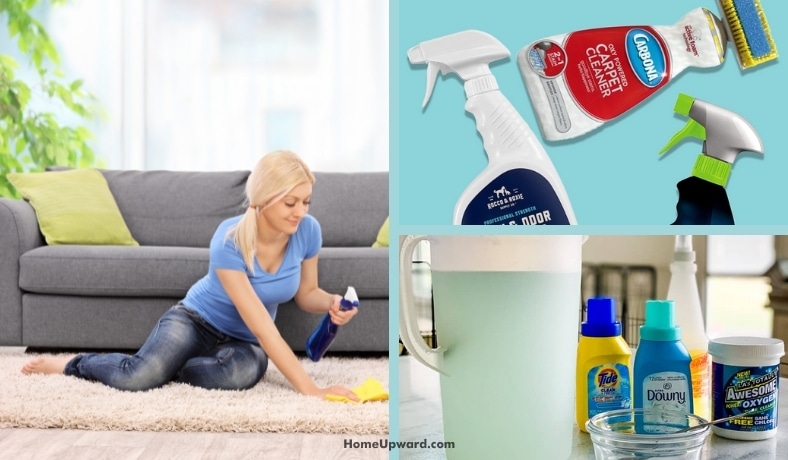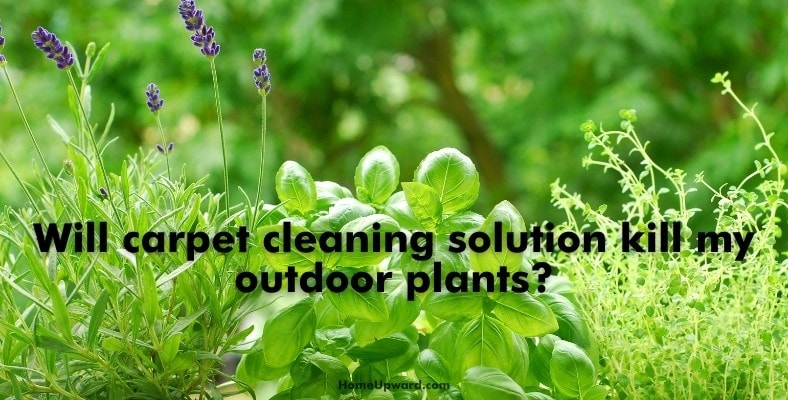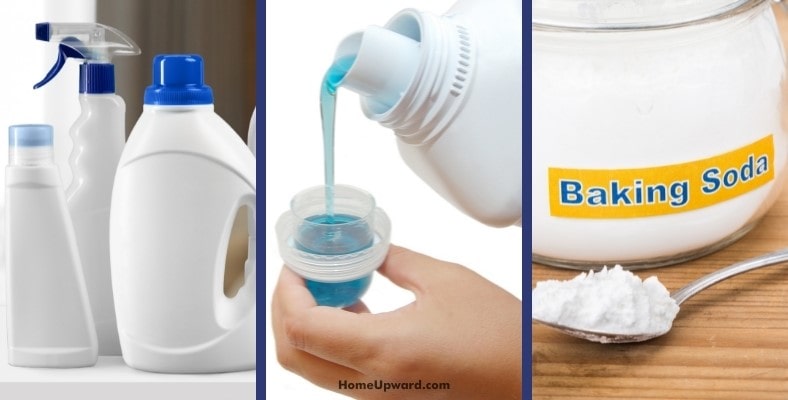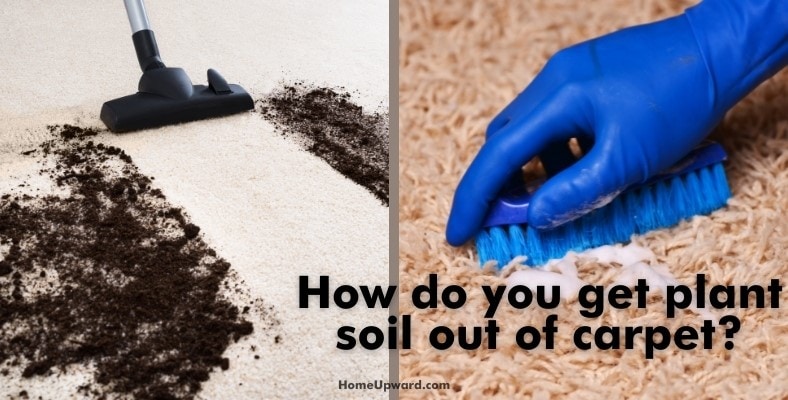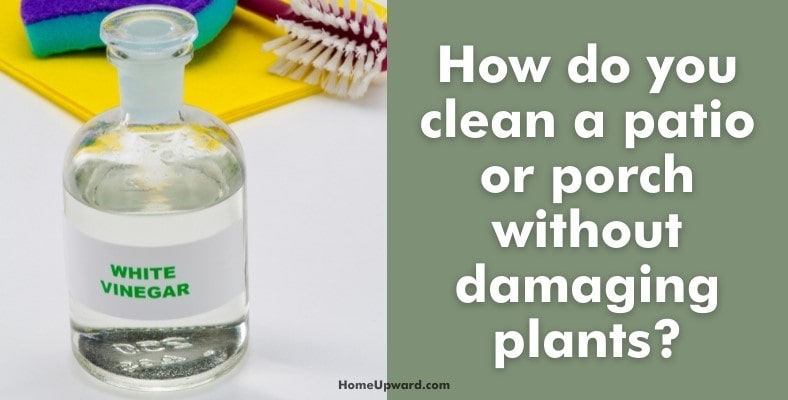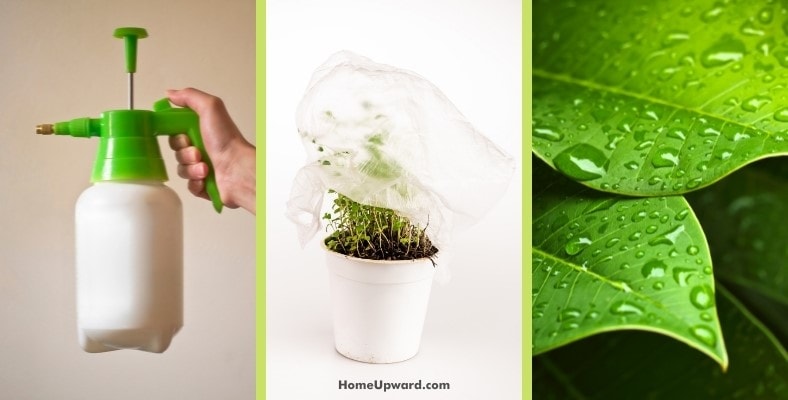Do water-based solutions you or a cleaning company use when deep cleaning your carpet potentially hurt your plants? How about the blackish water that comes up after using a steam cleaning machine?
I’ll tell you what you need to know here.
Contents
Will Carpet Cleaning Solution Kill My Outdoor Plants?
For the most part, carpet cleaning companies use relatively mild cleaning chemicals. So do the cleaners one might buy for personal use. But there are still some trace amounts of chemicals that could cause adverse health problems in people and plants.
These include perchloroethylene, naphthalene, or butoxyethanol. These agents can cause various problems such as dizziness, fatigue, confusion, and nausea. Longer or more concentrated exposures can result in nerve, liver, or kidney damage. So be careful!
Does OxiClean Kill Plants?
OxiClean is one of the safer cleaning agents on the market. It’s eco-friendly and decomposes easily.
OxiClean includes sodium percarbonate, an offshoot of hydrogen peroxide. Although it removes a host of spills and stains, it’s safe for plants and won’t harm the environment.
What Other Chemicals Are in Carpet Cleaning Solution?
Neutralizers
Neutralizing agents are the most widely used chemicals in carpet cleaning solutions. They are almost exclusively alkaline-based because most soils and stains are acidic.
But they are not that closely related. Stains can be very low on the pH scale (3.0-4.0), so the alkalis used in cleaning solutions tend to be quite high and concentrated (9.0-10.0). As a result, alkaline cleaners react to the acids in the carpet and lift them out.
Chemical Changers
Specific detergents and certain oily soils in the carpet go through a chemical reaction known as saponification. That’s a fancy word meaning the water and oils turn into soap. Oils found in vegetable or animal fat, cooking solutions, and our bodies react in this manner.
Sequestration Agents
Sequestration is another fancy chemical term. It means to soften water. There are several reasons carpet cleaning solutions include sequestering agents.
They include the prevention of clogging the cleaner’s nozzle and filters and the prevention of scum residue formation once the carpet becomes wet. (Think icky bathtub ring.)
Plus, soft water is better than hard water when actively working with cleaning agents.
Emulsifiers
Oils that do not saponify, or turn into soap, still need to be cleaned. Carpet solutions include emulsifying agents that react with motor oils, grease, lubricants, furniture polish, suntan lotion, pet hair, and the like.
Oil and water do not mix. Yet, water comprises about 85% of any carpet cleaning solution. So, emulsifiers help bind the two together.
What Cleaner is Safe for Plants?
Several types of cleaners perform their jobs without the worry of harming your plants. They include oxygenated bleach, liquid dish soap, and baking soda.
Oxygenated Bleach
Oxygenated bleach works similarly to chlorine but without any downsides. Like OxiClean, other types of oxygenated bleach contain sodium percarbonate. This chemical discharges thousands of champagne-like bubbles to perform the scouring work.
It is safe and effective on carpets but will not harm outdoor vegetation or emit nasty smells.
Liquid Dish Soap
The sudsy water made from dish soap provides an all-purpose cleanser that can clean your carpet without the use of toxic chemicals. Dishwater not only won’t harm your plants, but it also functions as a pest control device. Simply spray some on your plants to keep various pests, such as aphids, off the flowers and grass.
Baking Soda
Sodium bicarbonate, the active ingredient in baking soda, has many more uses than simply baking cookies or keeping your refrigerator fresh. It is commonly used for cleaning and deodorizing.
Baking soda will not hurt your garden. In fact, baking soda is beneficial to the garden, for its ingredients provide natural protection against mildew.
How Do You Get Plant Soil Out of Carpet?
The first step in removing soil from the carpet is to scoop up as much as possible before getting it wet. Next, cordon off the area so no one steps on the remaining dirt. Let it dry completely overnight.
Vacuum up as much of the remaining spill as possible. If you have one, use a shop-vac because it has a stronger sucking mechanism than a typical house vacuum.
Then, go ahead and use a mild soapy solution with water. Try blotting first, then rub as you see fit. Use a clean cloth or set of paper towels to dry the remaining stain. You can absorb more if you place something heavy on the towel and let it soak up the moisture.
If the stain does not come out after two or three applications, it might be time to call in a professional.
How Do You Clean a Patio or Porch Without Damaging Plants?
In addition to oxygenated bleach, baking soda, and soapy dishwater, you can try a vinegar solution.
Use Vinegar
Professional cleaners use two spray bottles of vinegar: one at full strength and one at half strength mixed with water. Use the full-strength bottle for the toughest stains and the diluted mixture for everyday wear and tear. You can also use full-strength vinegar to kill pesky weeds.
Will Deck Cleaner Kill Plants?
Like many types of outdoor cleaning agents, those used to treat outdoor decking can be harmful, if not fatal, to plants. The key is to know which active ingredients the cleaning agents employ and how they might interact with your grass, plants, and flowers.
Chemical bleaches are much more harmful. If your deck cleaner contains sodium hypochlorite or sodium hydroxide it will likely damage your plants. These are chlorine and lye-based materials.
Meanwhile, oxygenated bleaches, such as those mentioned above, are considered a kinder, gentler cleaner that will leave nearby plants alone.
Tips For Protecting Your Plants During Cleaning
These tips can help keep your plant protected on those days when you clean the outside of your home:
- Pre-wet plants and shrubs. If you water your plants, flowers, or grass adequately, the water will help dilute any harmful chemicals that might get on the vegetation.
- Cover plants with tarps or large plastic bags. Take a few moments to cover your plants before starting to wash so chemical agents will have a harder time getting on the plants.
- Move away from the plants. If you are cleaning lawn chairs or barbecues, move them to an area that won’t interfere with the yard.
- Use a hand pump sprayer. This will direct the cleaning agent in a more focused way and help keep it off the plants. That is, as long as you’re a good shot.
- Immediately rinse your plants with water if you make a mistake. The faster you can douse plants with clean water after hitting them with a cleaner, the better it is for the plant.

